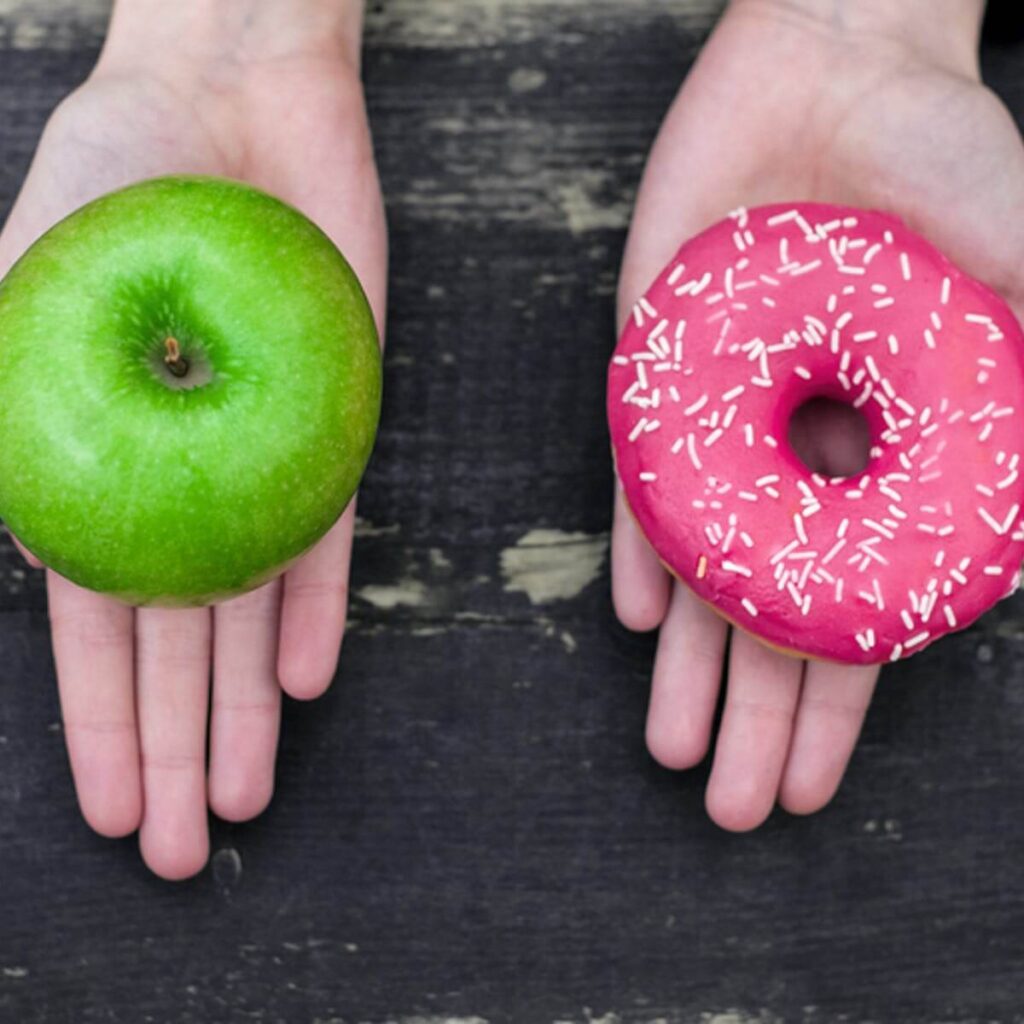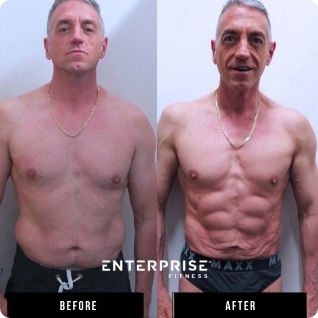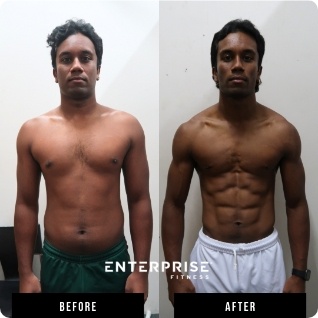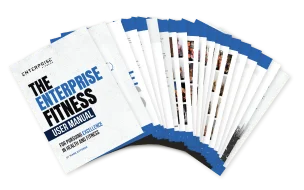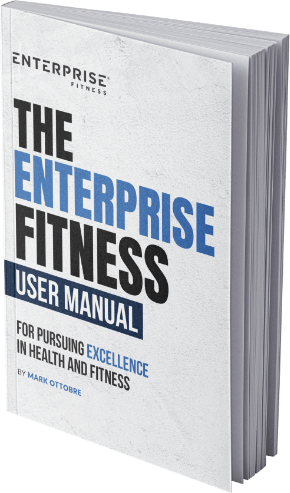Discipline and Diets
The balance of freedom and disciple around your nutrition
By Mark Ottobre, owner and founder Enterprise Fitness
–
We’ve all been there, at least metaphorically. We’re driving home from the end of a big day, going maybe just a little too fast to see the bed of nails on the road. We swerve, but ‘POP!” One of our tires goes out. As we pull over to the side of road to survey the damage, our sanity escapes us, expelling out like the air once trapped in that punctured tire. So we do what any once rational person would do in that situation – we slash the other three. Hours later, once we have returned from the descent into madness, we finally decide to call the tow truck guy, to which we sheepishly announce, having not one, but four flat tires!
–
In coaching, this is what is called flat-tire syndrome, commonly known as the ‘What-the-hell’ effect in psychology, and it’s a real killer of fitness, weight-loss and physique dreams.
–
It’s probably not that hard to picture either. You’ve been sticking to your diet all week, weighing and timing everything just perfectly. Then you decide to have ‘just one’, which turns into two, which quickly turns into four, which turns into the packet which turns into, ‘I wonder what else I’ve got in the cupboard?’ As the potato chip company Pringle’s aptly conned the catch phrase, “once you pop, you can’t stop.”
–
What flat-tire syndrome points out is how nonsensical it is to be completely deflated by just one diet slip-up. No one in their right mind would slash an additionally three tires from puncturing one. As such, body composition progress does not need to be completely undone with a momentary deviation from your plan. So why do we feel that compulsion to slash the wheels of our nutritional progress?
–
The problem is two fold: it’s both a problem of our physiology and psychology.
–
The harder we diet, the more of a physiological hole we create. If our plans are too low in calories, have the wrong ratios of macronutrients or a missing vital micronutrients, our cravings will be strong and constant. Furthermore, if we select foods that have been designed to hijack our appetite and control, it’s game over. Once we give in to that soft and creamy tub of ice-cream, our physiology shoots off numerous responses. Neurotransmitters dopamine and serotonin are released, soaking our brains in the reward-and feel-good chemicals. Blood sugar spikes, which in turn releases insulin which makes us feel sleepy. The appetite satiety hormone leptin gets down-regulated while the appetite hunger hormone, Ghrelin gets up-regulated. It’s a chemical cocktail for a good time with you and whatever snacks remain in your cupboard, freezer or fridge. It would be hyperbole to say it’s like a drug-addict looking for a hit; however, it’s like a drug addict looking for a hit.
–
This is why it’s imperative that the nutrition plan you follow is sound so you don’t under-eat. The compulsive consumption frenzy does not exist when you’re following the right plan, even during a calorie deficit if the plan is put together with sound principles. But it’s not just our psychology that we have to contend with. Once we open the flood gates of the deep-fried, salt and vinegar corn chips, it’s easy for our mind to play tricks on us. We utter sentences like ‘it’s just one’, ‘the diet starts Monday’, or ‘may as well now and get it out of my system now’.
–
This is why we should all have a plan around our nutrition and training. It was retired Navy SEAL, Jocko Willink, who said ‘discipline equals freedom’. In fact, discipline gives you the ultimate freedom of choice, like sticking to your plan Monday through to Friday and having that scheduled burger and chips Saturday night – and actually enjoying it. All the while you find yourself waking up leaner the next day. Many would believe this to be impossible. It’s not only possible; it can be your new normal, but the price you pay for it is with the discipline of sticking to a plan. You can pay for indulgence with discipline or guilt, but you can only choose one.
